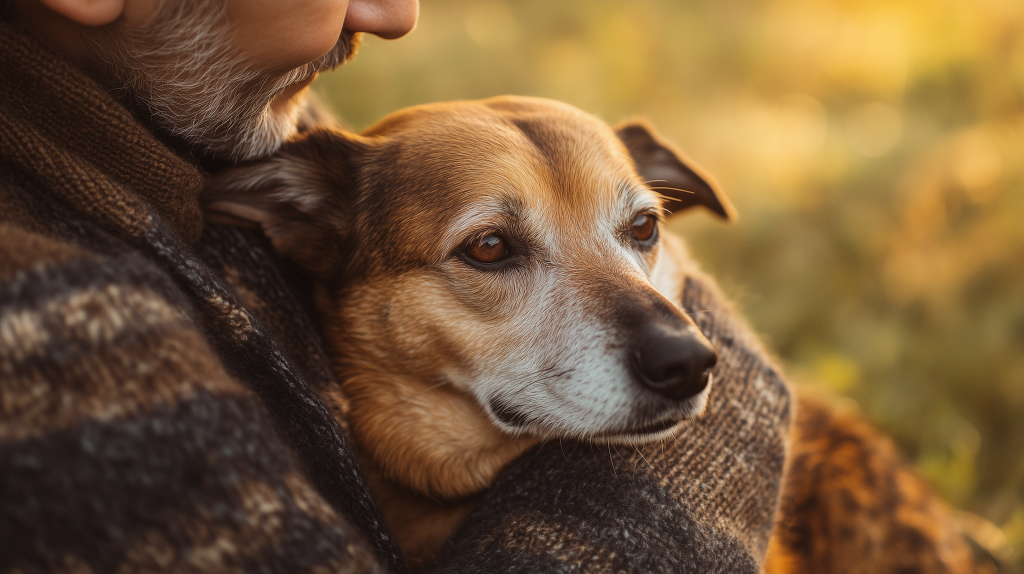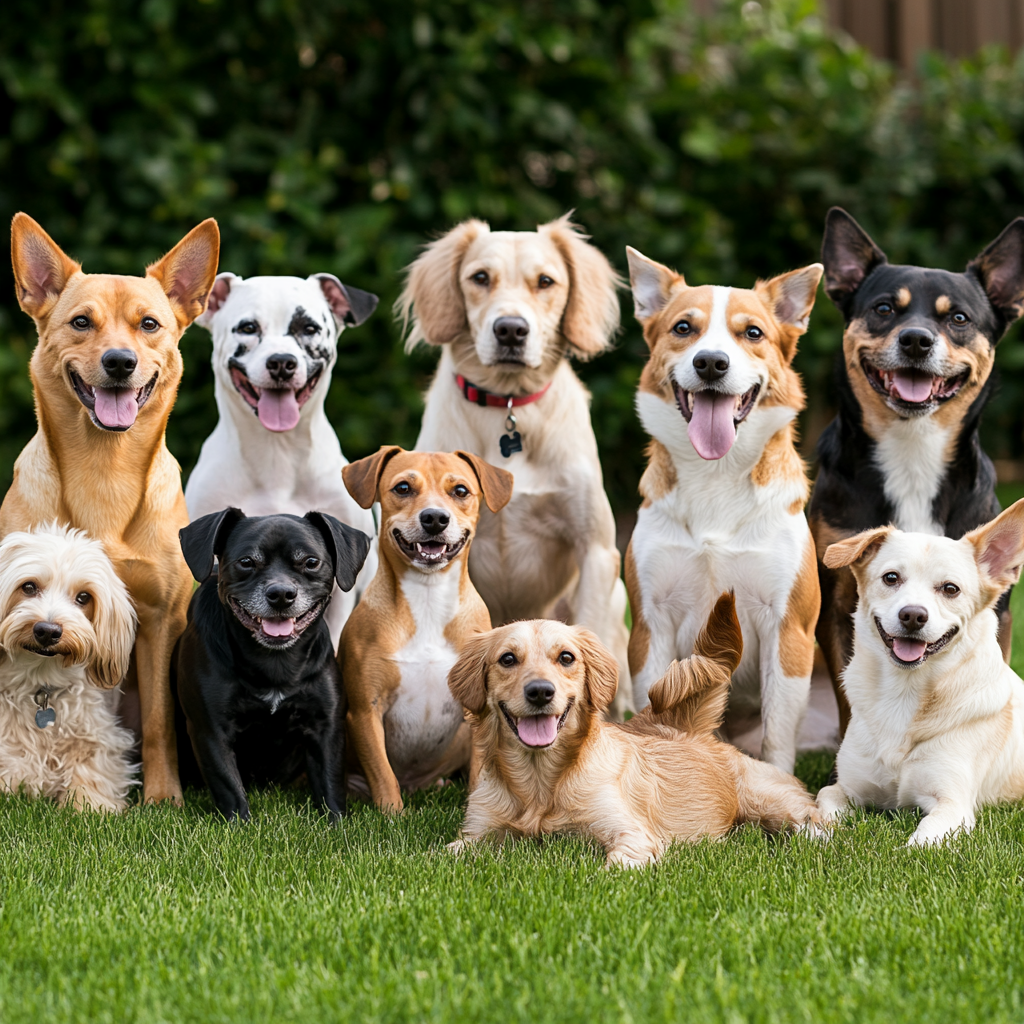As your furry friend enters their golden years, they require extra care and attention to maintain their health and happiness. Just like humans, aging dogs face unique challenges, from mobility issues to dietary changes. In this guide, we’ll explore some essential senior dog care tips to help your beloved pet enjoy their later years comfortably.
Table of Contents
1. Provide a Nutritious Diet
A well-balanced diet tailored for senior dogs is crucial for maintaining their weight and overall health. Consider these dietary tips:
- Choose age-appropriate food: Senior dogs often require lower-calorie food with high fiber and joint-supporting nutrients.
- Increase hydration: Wet food or adding water to kibble can help keep your dog hydrated.
- Monitor portion sizes: Older dogs are prone to obesity, so regulate their food intake.
- Include supplements: Omega-3 fatty acids, glucosamine, and chondroitin can support joint health and cognitive function.
2. Keep Up with Regular Veterinary Checkups
Senior dogs are more susceptible to health issues, so regular vet visits are essential. Schedule a checkup at least twice a year to:
- Detect early signs of diseases such as arthritis, kidney disease, or dental problems.
- Get vaccinations and parasite control tailored to their needs.
- Discuss any behavioral or dietary changes with your vet.
3. Prioritize Joint and Mobility Support
Older dogs often suffer from arthritis or joint stiffness. To ease discomfort:
- Provide orthopedic dog beds for joint support.
- Use ramps or pet stairs to help them access furniture or vehicles.
- Engage in gentle exercise like short walks and swimming to keep them active without straining their joints.
- Consider vet-recommended pain relief options if necessary.
4. Maintain Dental Hygiene
Dental disease is common in senior dogs and can lead to serious health issues. To promote good oral hygiene:
- Brush your dog’s teeth several times a week using dog-friendly toothpaste.
- Offer dental chews or toys that help reduce plaque buildup.
- Schedule professional dental cleanings if needed.
5. Monitor Behavior and Mental Health
Aging dogs may experience cognitive decline, leading to confusion or anxiety. Help keep their minds sharp with:
- Interactive toys and puzzles to stimulate their brains.
- Consistent routines to reduce stress and anxiety.
- Extra affection and attention to help them feel secure.
6. Keep Their Environment Safe and Comfortable
Older dogs may develop vision or hearing loss, making their surroundings more challenging to navigate. Improve their environment by:
- Keeping their living space clutter-free to prevent tripping hazards.
- Adding non-slip rugs to help with traction on slippery floors.
- Placing nightlights around the house to assist dogs with poor vision.
FAQs About Senior Dog Care
1. How do I know if my senior dog is in pain?
Common signs of pain in older dogs include difficulty getting up, limping, reluctance to climb stairs, excessive panting, or decreased activity levels. If you notice these symptoms, consult your vet for guidance.
2. How often should I take my senior dog to the vet?
It’s recommended to take your senior dog to the vet at least twice a year, or more frequently if they have ongoing health issues.
3. Should I change my senior dog’s diet?
Yes, switching to a senior dog formula that includes joint-supporting nutrients, fiber for digestion, and appropriate calorie levels can significantly benefit their health.
4. What are some good exercises for senior dogs?
Low-impact exercises like short walks, swimming, or gentle play are ideal for keeping their joints healthy while avoiding excessive strain.
5. How can I help my senior dog sleep better?
Provide a comfortable orthopedic bed, maintain a consistent sleep routine, and keep the room warm and quiet to ensure quality rest.
Conclusion
Caring for a senior dog requires patience, love, and adjustments to their routine. By monitoring their health, providing a safe and comfortable environment, and ensuring proper nutrition and exercise, you can help your loyal companion enjoy their golden years to the fullest. Always consult your veterinarian for personalized advice based on your dog’s specific needs.
Helpful Notes:
- Observe any sudden changes in behavior and report them to your vet.
- Adapt their routine gradually to minimize stress.
- Keep an eye on their weight and mobility to adjust their diet and exercise accordingly.
By following these senior dog care tips, you can ensure that your furry friend continues to live a happy and healthy life well into their senior years!






